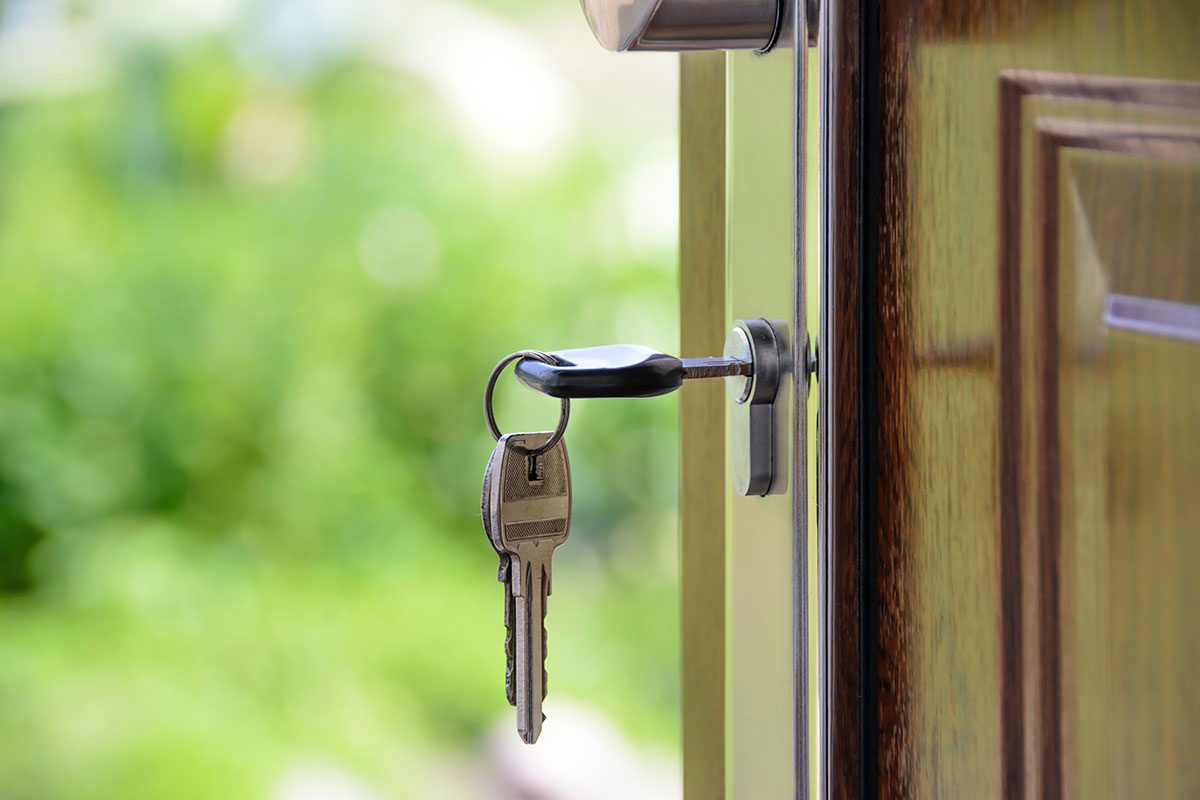When a couple decides to separate or divorce, one of the first questions that needs to be answered is who gets the house. This can be a difficult question to answer, as there are many factors that need to be taken into account. In this blog post, we will discuss some of the things that need to be considered when deciding who gets the house after a divorce in Australia. We will also provide some advice on how to get through this process as smoothly as possible.
The first thing that you need to do is figure out what your goals are. Do you want to keep the house? Are you willing to sell it and split the proceeds? Or are you just looking for a fair split of assets? Once you know what your goals are, you can start to look at your options.
It can be a very difficult decision to make when it comes to who gets the home during a separation or divorce. It is even harder when children are involved and trying to maintain some level of stability for them. Some factors that come into play include: whether or not either party can afford the mortgage on their own, if there are any outstanding debts on the property, job security, and the age of the children. The bank must always approve one party taking over the mortgage. If the bank doesn’t allow it, generally the house must be sold.
If you want to keep the house, there are a few things that you need to consider. First, you will need to be able to afford the mortgage on your own. This means that you will need to have a steady income and good credit. If you don’t meet these requirements, it may be difficult to get approved for a loan on your own. Additionally, if there are any outstanding debts on the property, you will be responsible for paying these off.
If you are willing to sell the house, you need to figure out what the fair market value of the property is. You can do this by hiring a real estate agent to do an appraisal (or better, two appraisals). However, the best is a formal valuation on the house and this is the most accurate way of determining the value of the property and is required in the event of a dispute over the value of the property. Once you know the fair market value, you can start negotiating with your ex-spouse about how to split the proceeds. If you can’t come to an agreement, you may need to go to court and have a judge determine how to divide the assets.
If you have children, it is important to try and maintain some stability for them. This may mean that you keep the house and allow your ex-spouse to live there with the children. Or, it may mean that you sell the house and split the proceeds so that each of you can buy a new home. Whatever you decide, it is important to keep the best interests of your children in mind.
The process of deciding who gets the house after a divorce can be difficult and emotional. However, it is important to remember that you need to figure out what is best for you and your family. If you are having trouble making a decision, it will be helpful to seek out the advice of a legal professional. They can help you understand your rights and options, and they can provide guidance on how to proceed. With their help, you can make the best decision for your family and move forward with your life.
Getting through a divorce can be difficult, but it’s important to remember that there is light at the end of the tunnel. By taking some time to figure out what your goals are and getting professional help, you can make sure that you get through this process as smoothly as possible.
If you have any questions about divorce or property settlement in Australia, we encourage you to contact us. Our team of experienced solicitors can provide you with the advice and assistance you need to make sure that your interests are protected. Contact us today to schedule a consultation.







